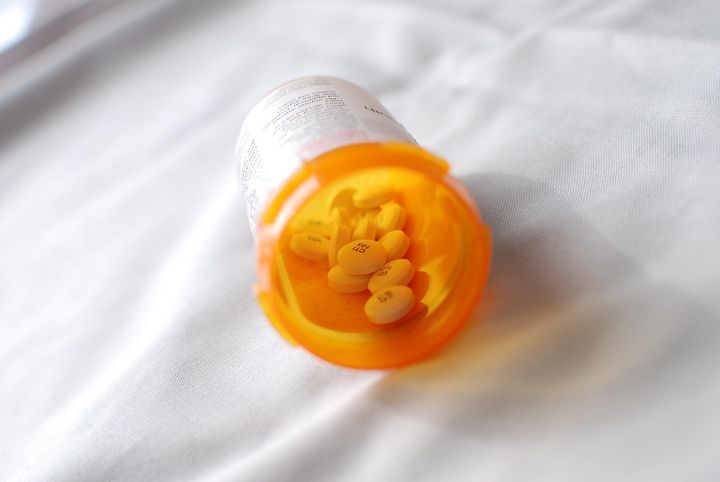
People who receive a caution from a medical care expert are 18%much less likely to get behind the wheel after taking medication.Photo: pixabay.com Approximately 50%of chauffeurs said they utilized several potentially harming medicines in the past 30 days, according to brand-new research from the AAA Foundation for Traffic Safety. The percentage of those picking to drive is higher among those taking multiple drugs– a worrisome fact.Drug use and driving do not mix– also if it’s a prescription drug. A 2020 study of several trauma facilities discovered that 56%of vehicle drivers associated with major injury and also deadly crashes tested positive for at least one medicine, according to the National Highway Traffic Safety Administration (NHTSA). As well as, a 2020 traffic safety study from AAA Foundation found that many motorists– some 94 %– think about driving after consuming alcohol really or extremely unsafe. Just 87 %feel the same concerning driving after utilizing potentially impairing medications.Now, the most recent study from AAA Foundation checks out drivers ‘use of prescription and also over the counter(OTC)medicines and also verifies that vehicle drivers do not have an understanding of their influence on driving, and health care experts are not assisting the problem.For example, healthcare service providers stopped working to warn numerous participants who took prescriptions and non-prescription medications such as antihistamines, coughing medicines, antidepressants, prescription discomfort medications, muscle relaxants, sleep help, and amphetamines regarding their feasible unsafe impact on driving. As a matter of fact, approximately fifty percent of motorists who were prescribed and also took each sort of possibly driver impairing(PDI )drug did not report obtaining a warning from their medical company or pharmacist regarding its possible effect on driving.Yet the prospective effects can be unsafe when
mixed with driving. Individuals might experience wooziness, sleepiness, fainting, blurred vision, slowed down motion, and interest problems– every one of which can lead to fatal repercussions if they happen while behind the wheel.On the advantage, those study respondents that did get a caution from a health care professional were 18%less likely to get behind the wheel after medicine use– highlighting the potential advantage of healthcare providers’therapy to minimize medication-impaired driving.The AAA Foundation study additionally took a look at which types of drugs individuals were taking and most proper to make use of previously hitting the trail.
Antihistamines as well as coughing medications– many available without a prescription– were most generally utilized. The proportion of drivers that reported driving after usage was highest possible for those that reported amphetamine usage, such as Adderall and Dexedrine.
For GREAT deals on a new or used Audi check out Audi of West Covina TODAY!

